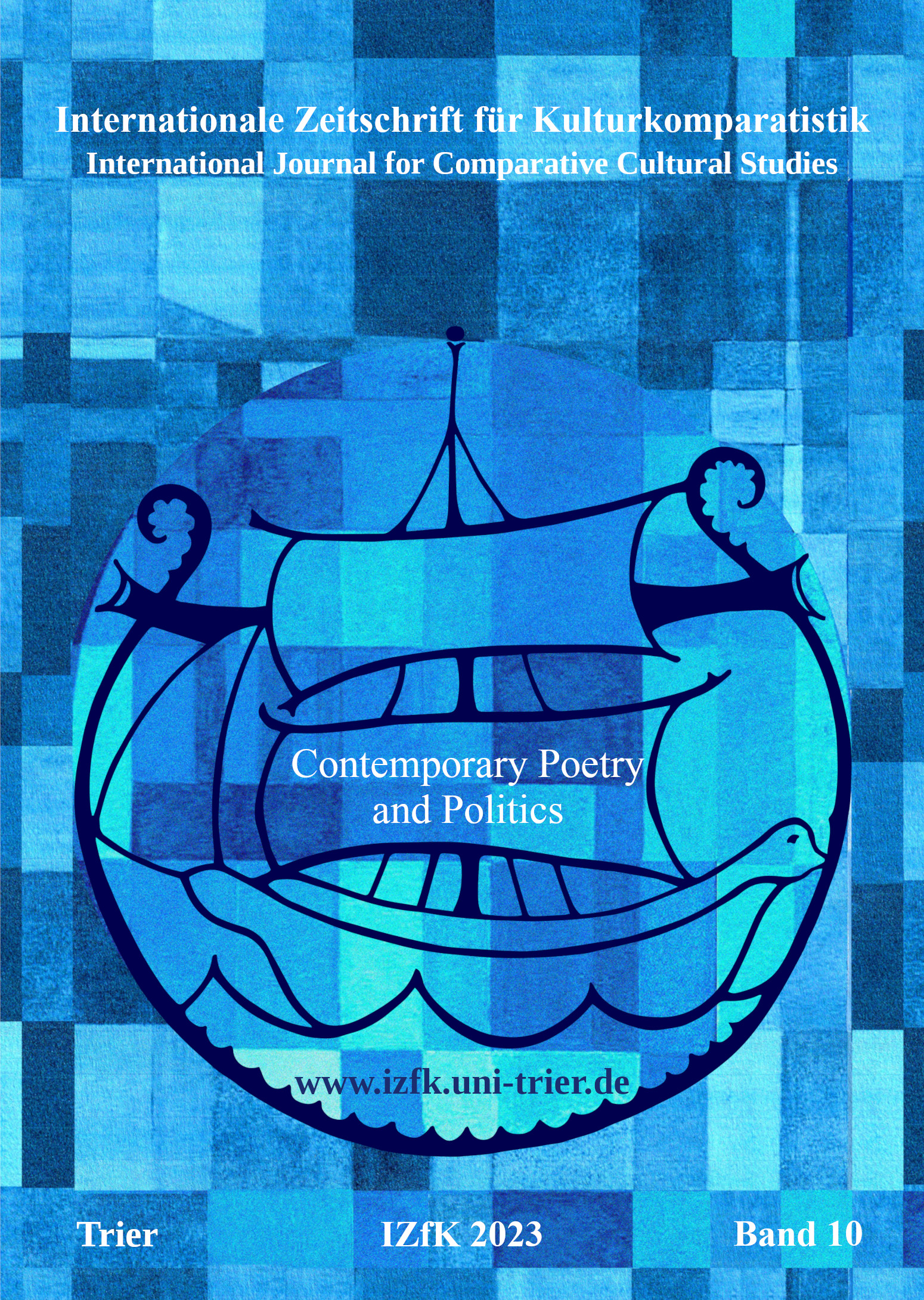Russischer Kulturimperialismus und seine Subversion: Ivan Volkovs „Mazepa“ und Aleksandr Puškins „Poltava“
Main Article Content
Abstract
Russian Cultural Imperialism and its Subversion: Ivan Volkov’s “Mazepa” and Alexander Pushkin’s “Poltava”
The essay will compare Pushkin’s “Poltava” (1828) and Ivan Volkov’s “Mazepa” (2014), a counterargument to Pushkin’s text. Volkov’s poem not only demonstrates the topicality of Pushkin’s classic but also reveals the latter’s hidden layers of meaning. Both poems renew the tradition of the verse epic. However, they turn the foundation story, typical for the epic, towards tragedy, focusing on the fall of Ukraine rather than the success of Russia’s imperial gesture. Volkov reverses the dominant perspectives and advances the Ukrainian point of view, while Pushkin displays a double-voiced strategy that disrupts the ostensible political message. The heroic panegyric also becomes fragile: in both poems, neither Mazepa nor Peter are ‘masters’ of history. Furthermore, in both texts, the status and function of the omniscient poet as epic narrator is challenged and transformed. Pushkin, in particular, uses his narrator as a mask; yet, in so doing, he also invites the reader to regard the ‘author,’ ‘Pushkin,’ with greater scrutiny and makes him a device that structures the work as a whole. Finally, in both poems, Ukraine’s lost fight for independence in a past age reflects a lack of freedom within the Russian state. Pushkin’s and Volkov’s poems are thus not so much texts about history as they are agents of history. Where they expose that history as constructed, they appeal to a critical position that would interrogate the driving narratives and political forces of the present.
Article Details

This work is licensed under a Creative Commons Attribution 4.0 International License.

